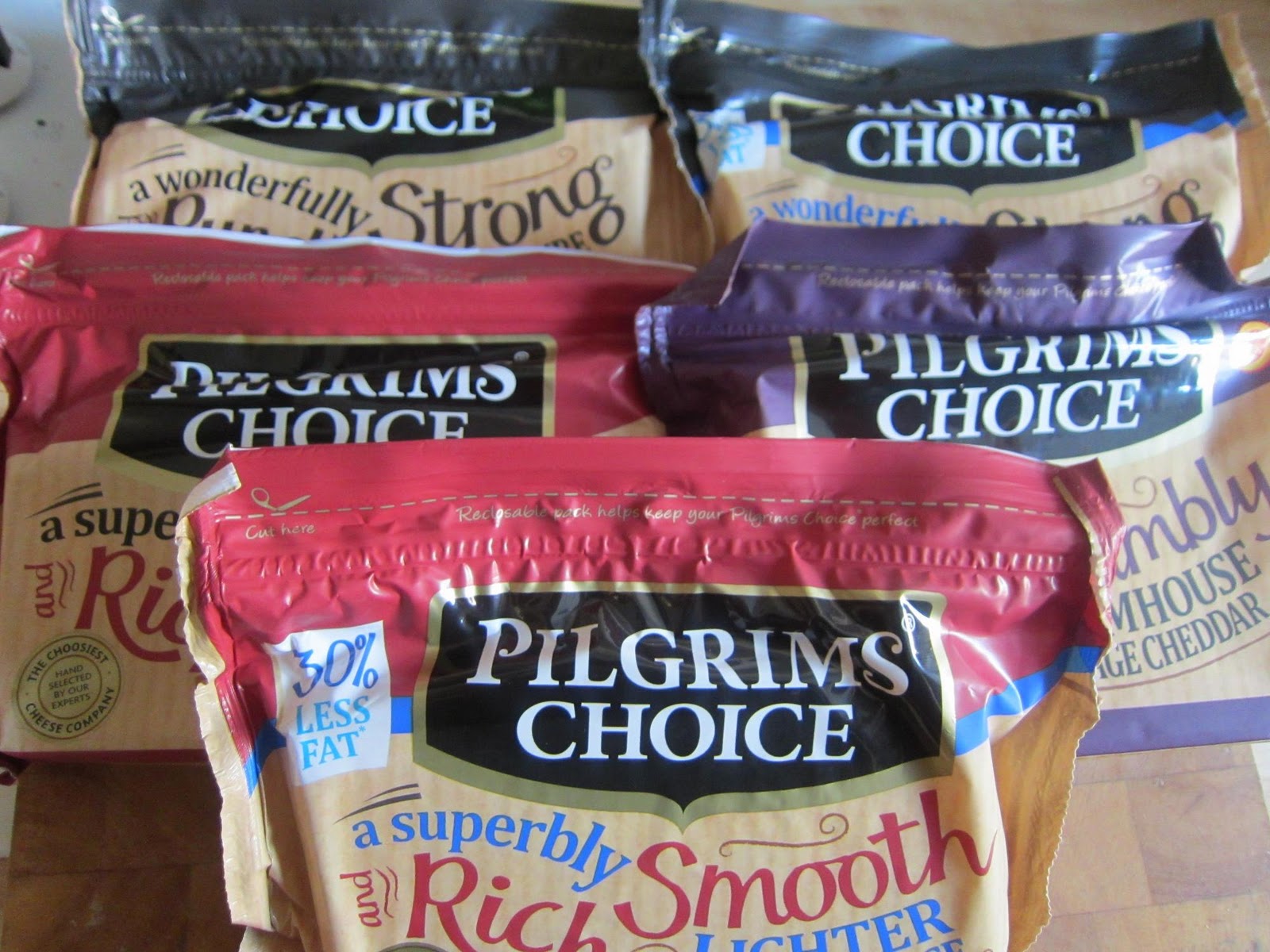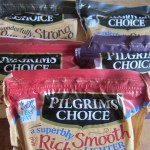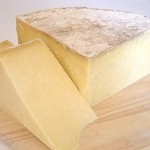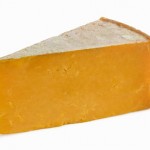Great cheddar is precisely that – a prince among cheeses. Matured slowly in the traditional rounds, it develops a beautiful rind and a deep, mellow flavour that simply cannot be replicated by mass manufacturing processes. The method of ripening the cheese in caves has developed over centuries though sadly the word “cheddar” does not mean the product we used to associate with the traditional cheese. Too late – the cat was long since let out of the bag.
Supermarket blocks of cheese are often horrible – a flavour created on the strength of focus groups to be the blandest of the bland. We’re talking about the stuff that is used as “cheese” in cheap restaurants. You might use it in cooking, and people who have never tried the alternative may develop a taste for it, but there is no comparison whatever to the real product.
So why, you may ask, was the name allowed to be bastardised on to these blocks of soap masquerading as cheddar from anywhere in the world, particularly when owners of the trademarks of other great food products worked assiduously to protect their product and associate it solely with the location in which it is produced, to the highest standards and traditional methods? This surely is the reason designations like PDO (Protected Designation of Origin), PGI (Protected Geographical Indication) and Traditional Specialty Guaranteed were created by the EU, not to mention national schemes like ‘Appellation d’Origine Controlé’.
The answer lies in a highly misguided marketing policy dating back to the 60s, designed to foster the name cheddar around the globe and, theoretically, create a bigger market for the manufacturers. Alas, it meant in reality that traditions were thrown out of the window in order to ship volume of the most ordinary low-quality products masquerading under the great name of cheddar. Can you imagine such a thing ever happening in France with the production of camembert? Not in a million years!!
Once the genie is let out of the bottle, it can never be put back. “West Country farmhouse Cheddar cheese” is the closest PDO now allowed, so no matter what legislation were enacted, the cheddar identity is lost forever. What we should do is fight for a quality product and not accept anything less. If we did, supermarkets and restaurants would have no choice to follow demand. Sadly, however, the mass manufacturers will win out, leaving the more expensive quality product to a discerning audience. I hope it is never lost.
PS. This article tells you more about the Cheddar scenario and the use of the term “West Country Cheddar”




